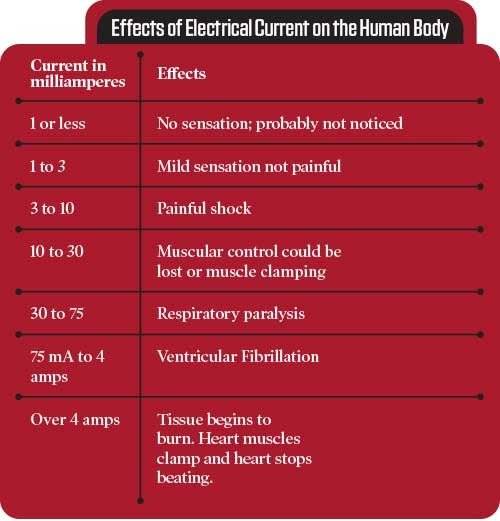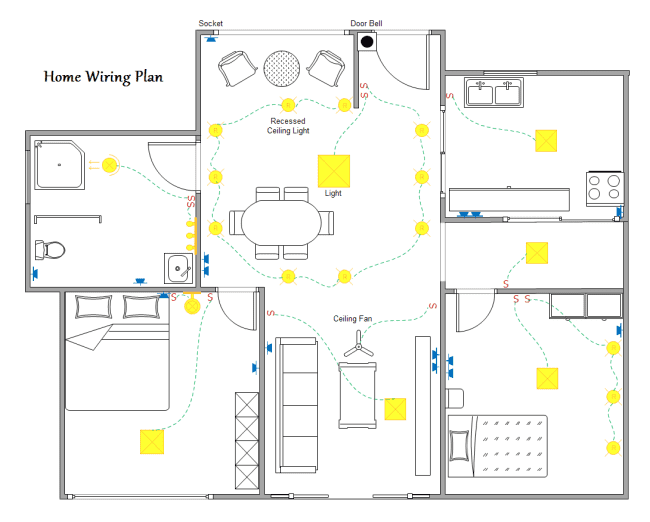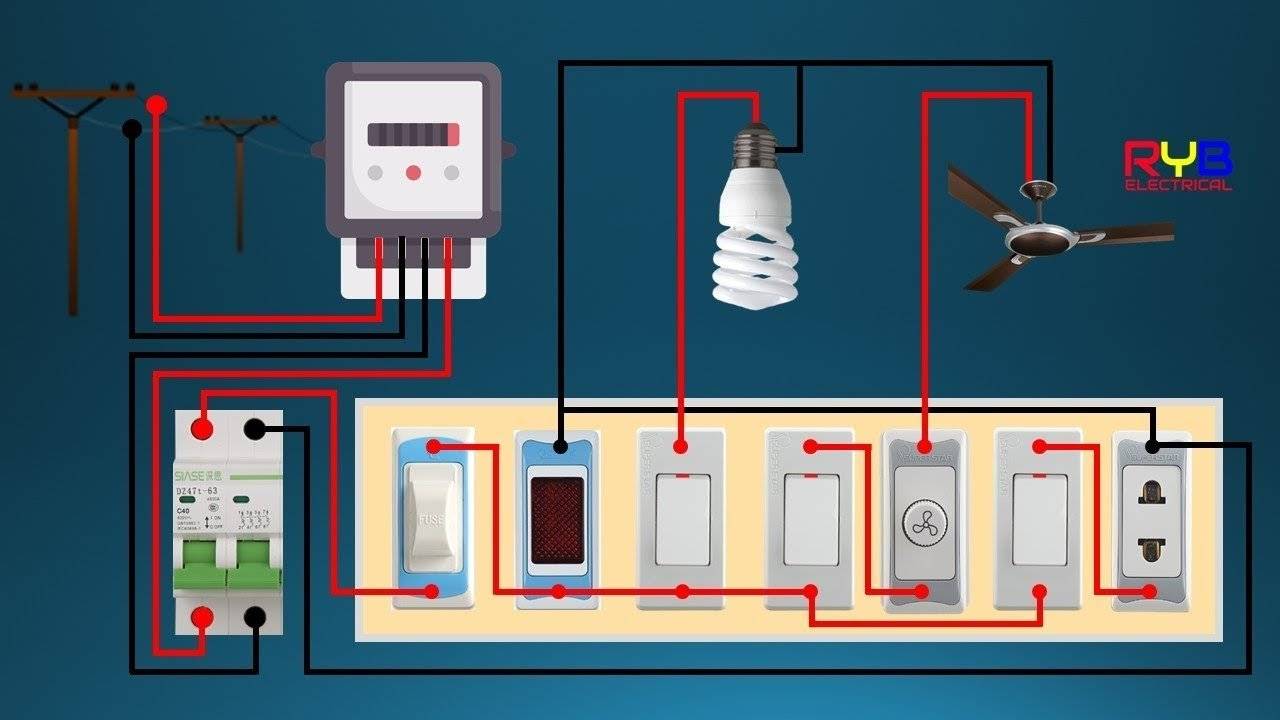Post Content
Building a house is probably the most exciting and biggest investment. When you have the finances to build a house it means that you are doing well in life. Looking at a house that you built is a feeling unlike any other. But completing the construction of the house is neither an easy nor a small task.
One important aspect of house construction is electricity. Installing electrical connections and appliances is not an easy job as electrics are complex. It is important that the electrics are handled by a professional. If the wiring or the appliances or fuse box install is perfect it can lead to several electrical hazards.
Here are a few important things that you should remember while installing electricity connections or getting the whole house to rewire.
-
Have an Understanding of Electricity Hazards
Electricity is a luxury and it is an integral part of a house. But it is dangerous as well. If you do not recognize the dangers it has to offer. A lot of accidents like electrocution and electric fires happen because of faulty wires and connections.

It is never a good idea to handle electric repairs and installation. You should not take any chance with electrical installation because it can cost you a lot. It’s better to pay the professional electricians so that you can avoid additional repair costs.
-
Always Have Electrical Installation Planning
People often run into electrical issues during the post-installation process. Planning is important for making sure that you do some planning. While planning outlets, wiring and other electrical appliances you need to consider livability of your home.

If you are thinking of adding an office it needs adequate power points. Install power outlets while keeping the location of the computer and other technical equipment in mind. Consulting an electrician beforehand will save you a lot of trouble later on. Be clear to the electrician about your needs and requirements so that you do not face any electrical issues.
-
Consider the Technical Level of Installed Electronics
Nowadays homes are full of electronic gadgets and appliances. They require a steady electrical connection to run efficiently and safely. Make sure that the electric system you install has the capacity to handle the burden of all the gadgets that you plan to use. You do not want the wiring system to crash under the pressure. Overloading wires and outlets can lead to electric fires.
-
Do not Rely Solely on Artificial Lighting
When you are creating a lighting plan you should use both natural and artificial lighting. It will make the house cozy and energy efficient. If you are using too much artificial lighting then you will have to pay high energy bills. Installing big and glaring lights in the bedroom is never a good idea as it compromises its comfort.
Make sure there are windows in the house as they will allow natural light to filter in during the day. Large windows are perfect for keeping the house bright and comfortable. Using dimmers is also a good choice for achieving energy efficiency.It is important that you are familiar with the electrical system so that you can operate it without any problem.


